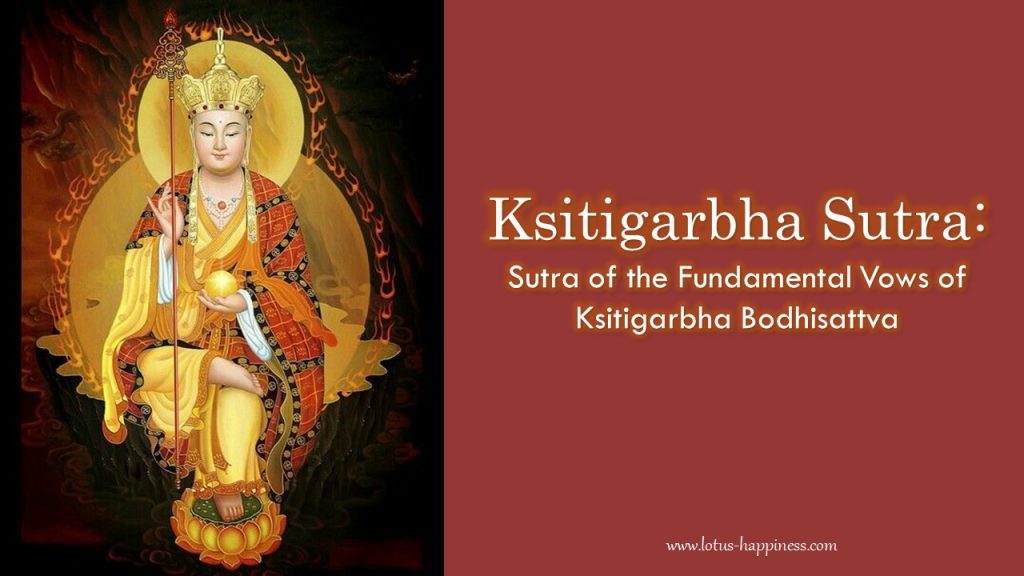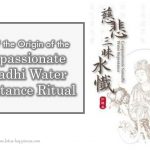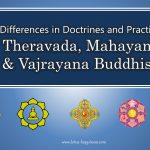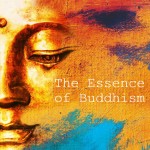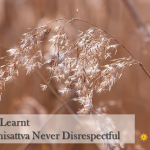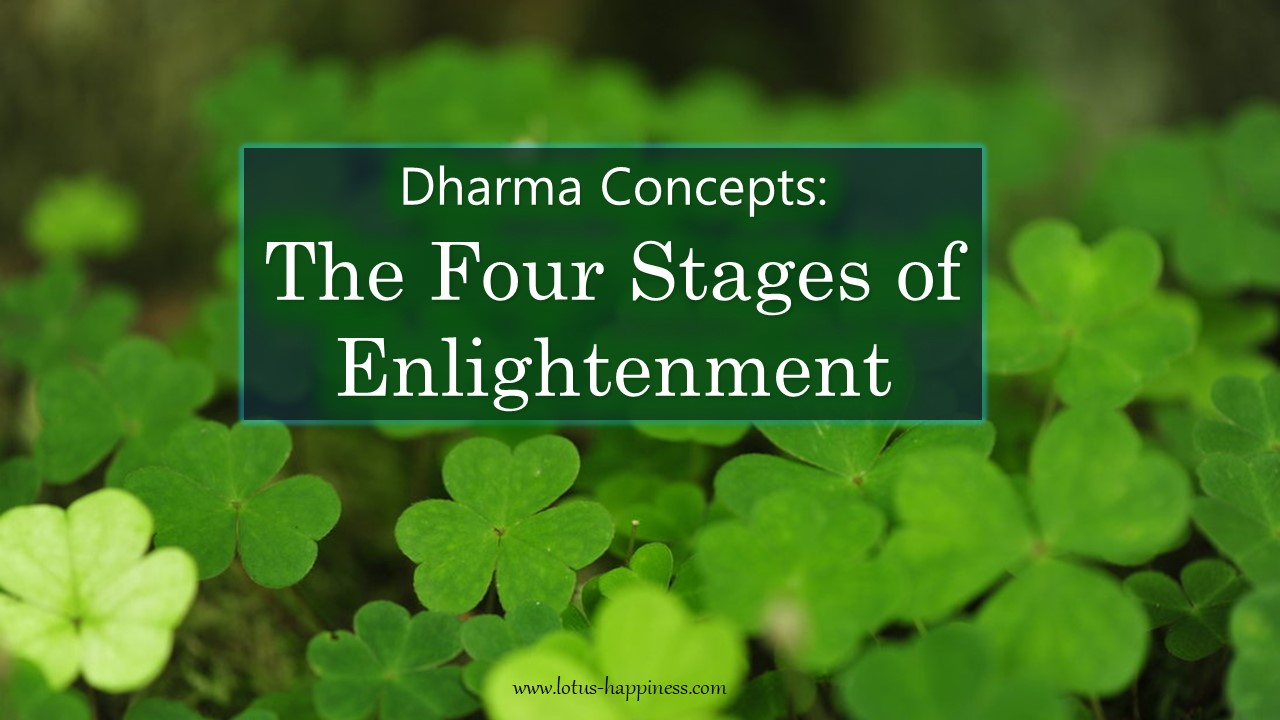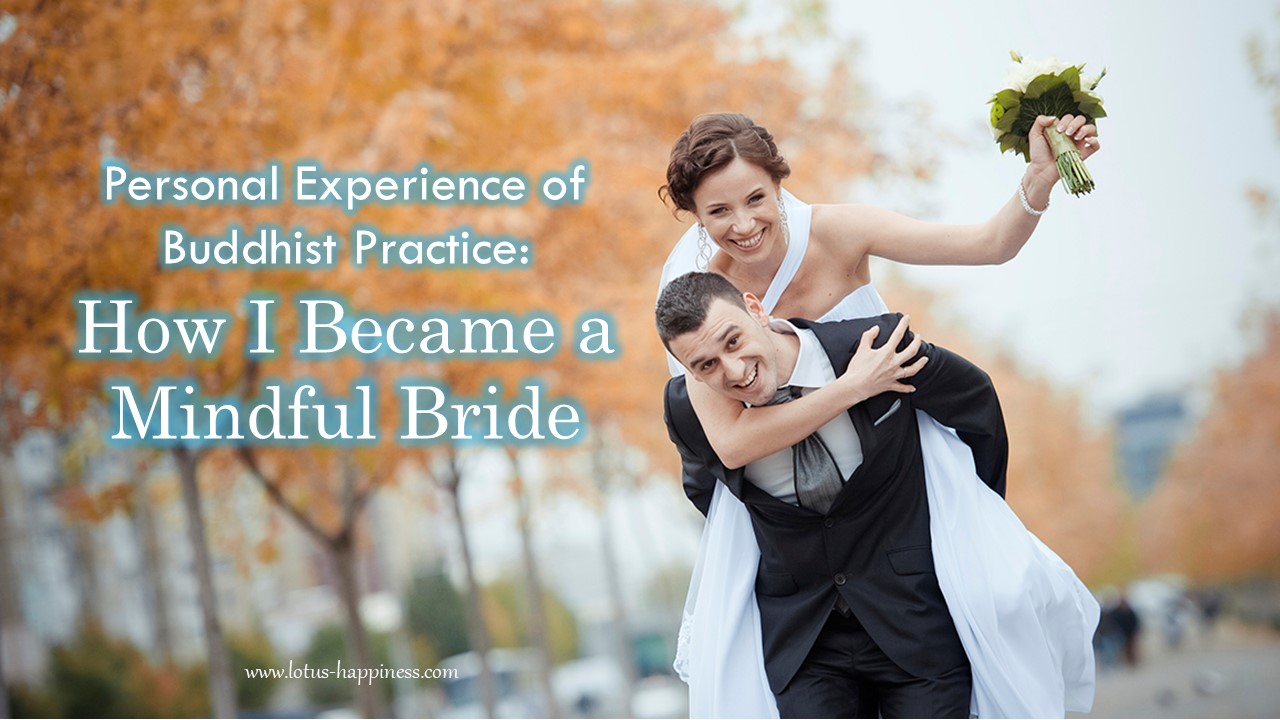Ksitigarbha Sutra: Sutra of the Fundamental Vows of the Ksitigarbha Bodhisattva
The Ksitigarbha Sutra is a Mahayana teaching about the Ksitigarbha Bodhisattva. Considered as one of the more popular sutras in East Asian Buddhism, Ksitigarbha Bodhisattva Purvapranidhana Sutra is also known as Sutra of the Fundamental Vows of the Ksitigarbha Bodhisattva.
The Ksitigarbha Bodhisattva’s name in Chinese is Dayuan Dizang Pusa with a literal translation as King Bodhisattva Ksitigarbha of the Great Vow. He is often depicted in sitting or standing posture carrying the Cintamani (Wish-fulfilling Jewel) and the Khakkhara (Ringed-Staff).
This sutra, spoken by the Buddha, narrates how the filial Ksitigarbha became a bodhisattva by making great vows to rescue other sentient beings in his past lifetimes.He vowed to guide all beings in the six worlds to achieve Buddhahood till all the hells are empty, “If I do not go to the hell to help the suffering beings there, who else will go?…if the hells are not empty, I will not become a Buddha. Only when all living beings have been saved will I attain Bodhi.”
In the distant past eons, Ksitigarbha Bodhisattva, who was a Brahman maiden by the name of ‘Sacred Girl’, was deeply troubled when her mother died as she had often been slanderous towards the Three Jewels: the Buddha, Dharma, and Sangha. To save her mother from the great tortures of hell, the young girl sold whatever she had and used the money to buy offerings which she offered daily to the Buddha of her time known as The Buddha of Flower of Meditation and Enlightenment.
She made fervent prayers that her mother will be spared of the pains of hell by requesting the Buddha for help. One day at the temple, while she was thus pleading for help, she heard the voice of the Buddha advising her to go home immediately and meditating on His name so as to know her mother’s whereabouts.
She did as she was told. During the meditation, her consciousness was transported to the Hell Realm where she met a hell-guardian who informed her that, as a result of her fervent prayers and pious offerings, her mother had accumulated many merits and thus had already been released from hell and ascended to heaven.
Relieved though she was, she was immensely saddened by the sights of the great sufferings in Hell which spurred her to make a vow: “I shall do my very best to relieve beings of their sufferings forever in my future lives of kalpas to come.”
The young maiden has since then become Ksitigarbha Bodhisattva through her great acts of merits. Regarded as one of the four major bodhisattvas in East Asian Mahayana Buddhism, the other three being Avalokitesvara, Manjusri and Samantabhadra bodhisattvas, they represent four basic great qualities:
Avalokitesvara Bodhisattva – Great Compassion
Manjushri Bodhisattva – Great Wisdom
Samantabhadra Bodhisattva – Great Love and Perfect Activity
Ksitigarbha Bodhisattva – Great Vow to help and to deliver all beings
The Ksitigarbha Sutra also teaches the retributions of unwholesome karma, provides the descriptions of Buddhist hells, and the benefits of good merit, regardless of whether it is small and great. Owing to the important role and great vow of Ksitigarbha Bodhisattva his shrines often occupy a central role in temples, especially the memorial halls.
In the closing chapter of the Sutra, Shakyamuni Buddha gave this advice for the benefit of all human beings, “If virtuous ones of the future see the Ksitigarbha Bodhisattva’s image, hear the Ksitigarbha Sutra, chant this Sutra, make offerings, and pay homage to Ksitigarbha, they will receive these benefits:
- They will be protected by devas and dragons.
- Their ability to do good will be increased.
- Opportunities for doing good will increase.
- They will strive to attain Buddhahood.
- They will enjoy adequate food and clothing.
- They will be free from diseases.
- Floods and fire will not affect them.
- Robbers will not trouble them.
- They will be respected and admired by people.
- Spirits and devas will protect and assist them.
- Females shall be reborn as males.
- The females will become daughters of noble and exalted families.
- They will be reborn with good complexion.
- They will be reborn in the heavens for many lives.
- They will be reborn as kings or rulers of countries.
- They will have the wisdom to recollect their past lives.
- They will be successful in all their aspirations.
- They will enjoy happy family relationships.
- Disasters will not affect them.
- Their bad karma will be removed.
- Wherever they go, they are safe.
- They shall always have peaceful dreams.
- Their deceased relatives shall be free from sufferings.
- They will be reborn with happiness.
- They will be praised by divine beings.
- They will be intelligent and skillful.
- They will have compassion for others.
- They will finally attain Buddhahood.

